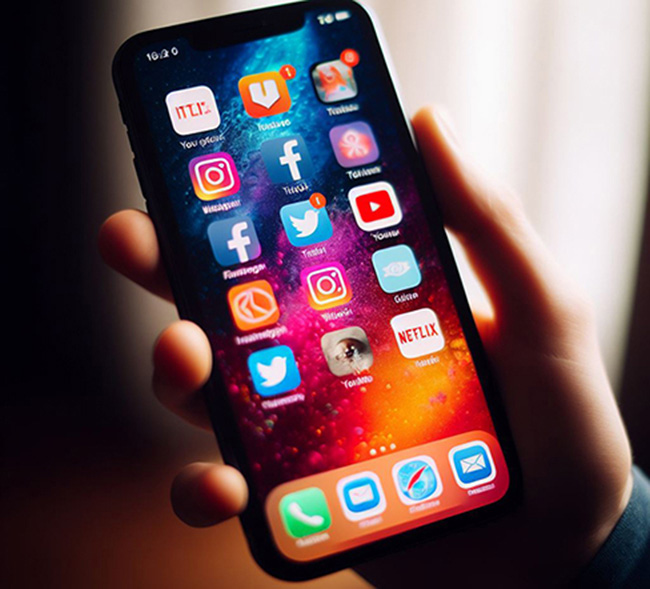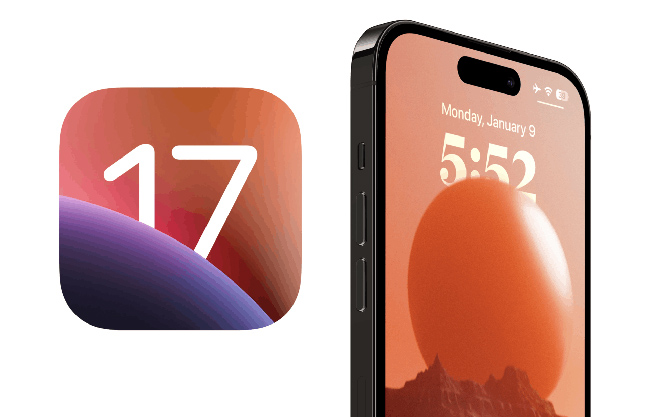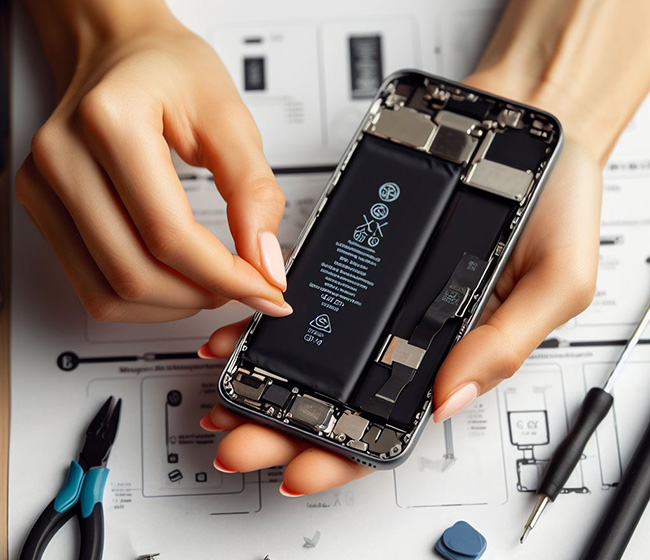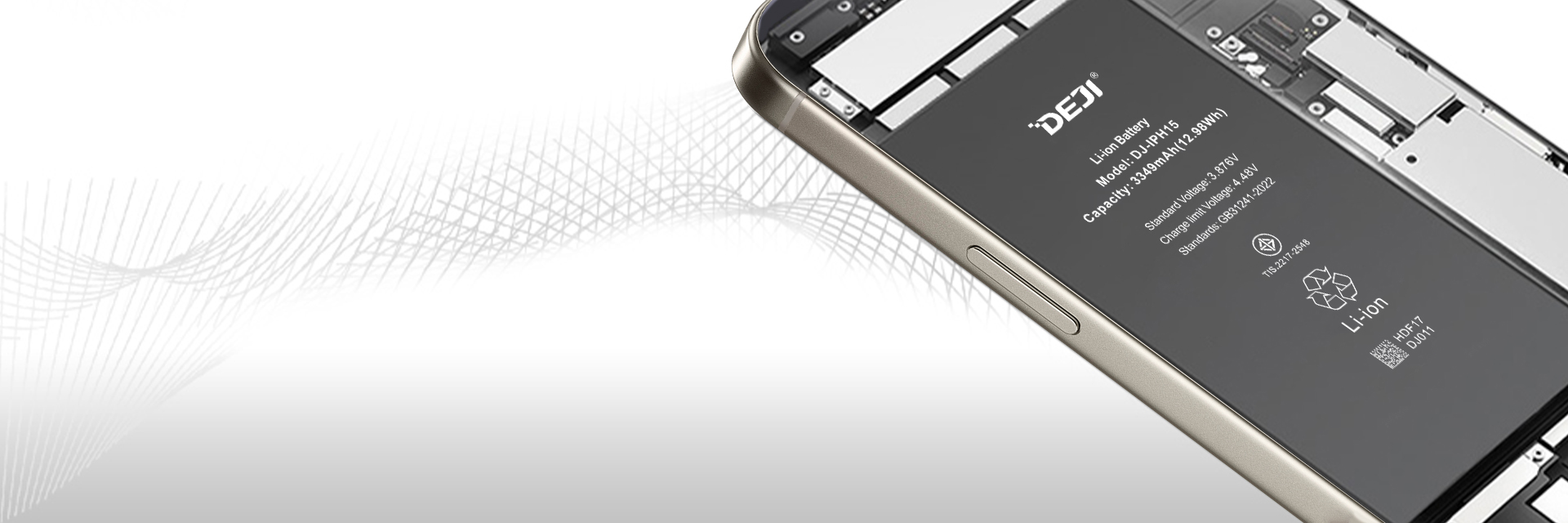Your iPhone is meticulously crafted to deliver a seamless and user-friendly experience, a result of cutting-edge technology and intricate engineering. Batteries, being complex entities, exhibit nuanced behaviors that directly impact your iPhone's functionality. As consumable components, all rechargeable batteries have a finite lifespan, marked by a gradual decline in capacity and performance. This informative guide is tailored for those seeking a deeper understanding of the intricate realm of iPhone batteries, exploring their lifespan, performance, and tips for maximizing their endurance.
How Long Does an IPhone Battery Last
The term "battery life" denotes the time a device functions before requiring a recharge, while "battery lifespan" encompasses the period until a battery necessitates replacement. How you utilize your device plays a pivotal role in influencing its battery performance.
The lifespan of an iPhone battery may fluctuate based on factors like the model, usage patterns, and other variables. Below, you'll find rough estimates outlining the battery endurance of different iPhone models:
About 28 hours of talk time
Up to around 10 hours of streaming video playback
Roughly 40 hours of audio playback
About 13 hours of internet use
It's crucial to emphasize that the figures presented are broad approximations supplied by Apple, and the real battery performance might vary depending on individual usage habits. Factors such as screen brightness, background app updates, GPS utilization, and various settings can exert a substantial influence on the overall battery longevity.

Upon installing a fresh battery, one can anticipate peak performance in the initial phase. Like any rechargeable battery, its ability to hold a charge might gradually diminish over time, leading to a noticeable reduction in the overall lifespan of the battery.
Lithium-ion Batteries
At the heart of the iPhone battery is lithium-ion technology, a leap forward from previous generations. Fast charging, extended lifespan, and increased power density all contribute to a longer-lasting battery in a slimmer package. Batteries experience a gradual decline in both capacity and efficiency as they age, attributed to chemical transformations. Specifically, lithium-ion batteries undergo a progressive reduction in capacity over time, resulting in shorter usage durations. The overall performance of an iPhone may be negatively impacted when the battery's peak capacity, which denotes its ability to deliver maximum power, diminishes over the course of aging. These batteries are classified as consumables, signifying that they possess a finite lifespan and will inevitably necessitate replacement.
Tips for Extending the Lifetime of Your iPhone Battery
Maintain a Balanced Charge: Store your iPhone with at least a 50% charge when not in use for an extended period.
Avoid Extreme Conditions: iPhones and heat don't mix well. Prolonged exposure to high temperatures can compromise battery performance. Be mindful of where you leave your device, especially on scorching summer days.
DEJI's High-Capacity iPhone Batteries: Upgrade your iPhone's battery experience with DEJI's high-capacity iPhone batteries. These powerhouses offer 10%-30% more capacity than the original, translating to an additional 30-60 minutes of usage. Say goodbye to frequent recharges!
Performance Management: iOS incorporates performance management features to prevent unexpected shutdowns on certain iPhone models. This feature dynamically manages the maximum performance of system components based on temperature, battery state, and impedance.
Regular Assessments: iOS 11.3 and later periodically assess performance management needs. If your battery health supports peak power requirements, the level of performance management is adjusted. This adaptive approach ensures optimal performance without compromising reliability.
Battery Health Reporting Recalibration: iOS 14.5 and later introduce a recalibration system for iPhone 11, iPhone 11 Pro, and iPhone 11 Pro Max. This addresses inaccurate estimates of battery health, providing more accurate reporting for users.

iOS versions 11.3 and later introduce features for assessing and enhancing performance management, ensuring adaptive adjustments to prevent unexpected shutdowns. The more advanced hardware and software designs of iPhone 8 and beyond provide a more refined performance management system. Over time, all iPhone batteries will experience diminishing capacity and peak performance, necessitating eventual replacement.
For iPhone 6 and later, iOS 11.3 and beyond incorporate features to display battery health, recommending replacements if necessary. Navigate to Settings > Battery > Battery Health (or Settings > Battery > Battery Health & Charging with iOS 16.1 or later) to access these features. Users can also manage performance management settings, enabling or disabling the feature based on battery health and potential unexpected shutdowns.
Maximum Capacity and Peak Performance
The Battery Health screen presents vital information on maximum battery capacity and peak performance capability. Maximum battery capacity diminishes with age, affecting usage between charges. A normal battery retains up to 80% capacity after 500 charge cycles. As battery health degrades, so does peak performance, with the screen providing insights into the current status.
Performance messages on the Battery Health screen convey vital information. "Performance is normal" indicates optimal conditions, while "Performance management applied" signifies adjustments to prevent unexpected shutdowns. Users have the option to disable performance management, but it automatically reactivates after an unexpected shutdown.
Significant battery health degradation prompts a message suggesting a replacement for improved performance. While this doesn't indicate a safety issue, it signals potential usability and performance concerns. A new battery enhances the overall experience.
How Long Does iPhone Battery Replacement Take?

The duration required to replace an iPhone battery can fluctuate based on factors like the specific iPhone model, the accessibility of replacement parts, and the choice of service provider or repair facility. Opting for an Apple Authorized Service Provider or visiting an Apple Store typically guarantees a swift and effective service. Typically, the process of replacing an iPhone battery takes approximately 30 minutes to an hour. In the event of choosing a third-party repair service, it is advisable to engage in prior communication with them to gather pertinent details.
Conclusion
If aged battery performance impacts your device, seek assistance from Apple Support for battery replacement options and guidance on service and recycling. By staying informed and adopting these tips, you can ensure your iPhone remains a reliable companion throughout its lifecycle, delivering the performance you expect.
 sales@batterydeji.com
sales@batterydeji.com




